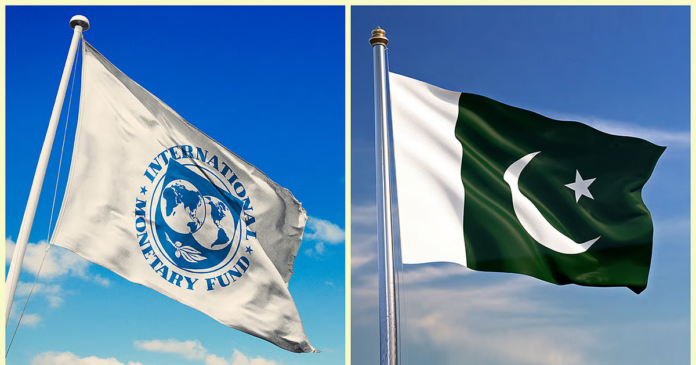ISLAMABAD, May 20 — Pakistan has successfully met all seven quantitative performance criteria and five out of eight indicative targets under the International Monetary Fund’s (IMF) Extended Fund Facility (EFF) as of end-December 2024, according to the IMF’s latest program review.
The review, which covers the 37-month EFF arrangement that commenced in September 2024, praised Pakistan for its “timely and strong implementation” of reforms, which the Fund said was essential for maintaining macroeconomic stability and laying the groundwork for long-term, sustainable growth.
The report cited improving financial and external sector indicators, noting that Pakistan recorded a current account surplus during the first eight months of FY25. Foreign exchange reserves have also exceeded expectations, supported by prudent monetary management and improved external inflows.
Inflationary pressures have eased, with headline inflation reaching historic lows. However, core inflation remains elevated at around 9%, indicating persistent underlying price pressures. The IMF called for continued monetary tightening guided by data trends, alongside a market-determined exchange rate, to support the rebuilding of reserves and anchor inflation expectations.
Despite progress on several fronts, the IMF observed that Pakistan’s economic growth during the first half of FY25 has been slower than initially projected. Nonetheless, the fiscal framework remains broadly on track, with the government achieving a primary budget surplus — a key performance benchmark under the program.
The Fund stressed the need for Pakistan to build on this momentum through further structural reforms aimed at improving revenue mobilization, reducing public debt, and freeing up fiscal space for social safety nets and development spending.
Energy sector reforms remain a priority area. The IMF underscored the urgency of regular and timely tariff adjustments to reflect cost recovery, improve financial sustainability in the sector, and limit fiscal slippages.
To enhance long-term resilience, the IMF recommended Pakistan enter into a new arrangement under the Resilience and Sustainability Facility (RSF), granting access to Special Drawing Rights (SDR) 1 billion — approximately 49.2% of Pakistan’s quota. The RSF aims to bolster the country’s capacity to manage climate-related risks while reinforcing macroeconomic stability.
Key focus areas under the RSF include disaster risk preparedness, water resource management, intergovernmental coordination on climate policy, and mandatory climate risk disclosures by financial institutions and corporations. The facility will also support Pakistan in achieving its climate mitigation and adaptation goals, the report added.
The IMF board is expected to take up Pakistan’s request for the RSF arrangement in the coming months, contingent upon continued progress in economic and climate-related reforms.




